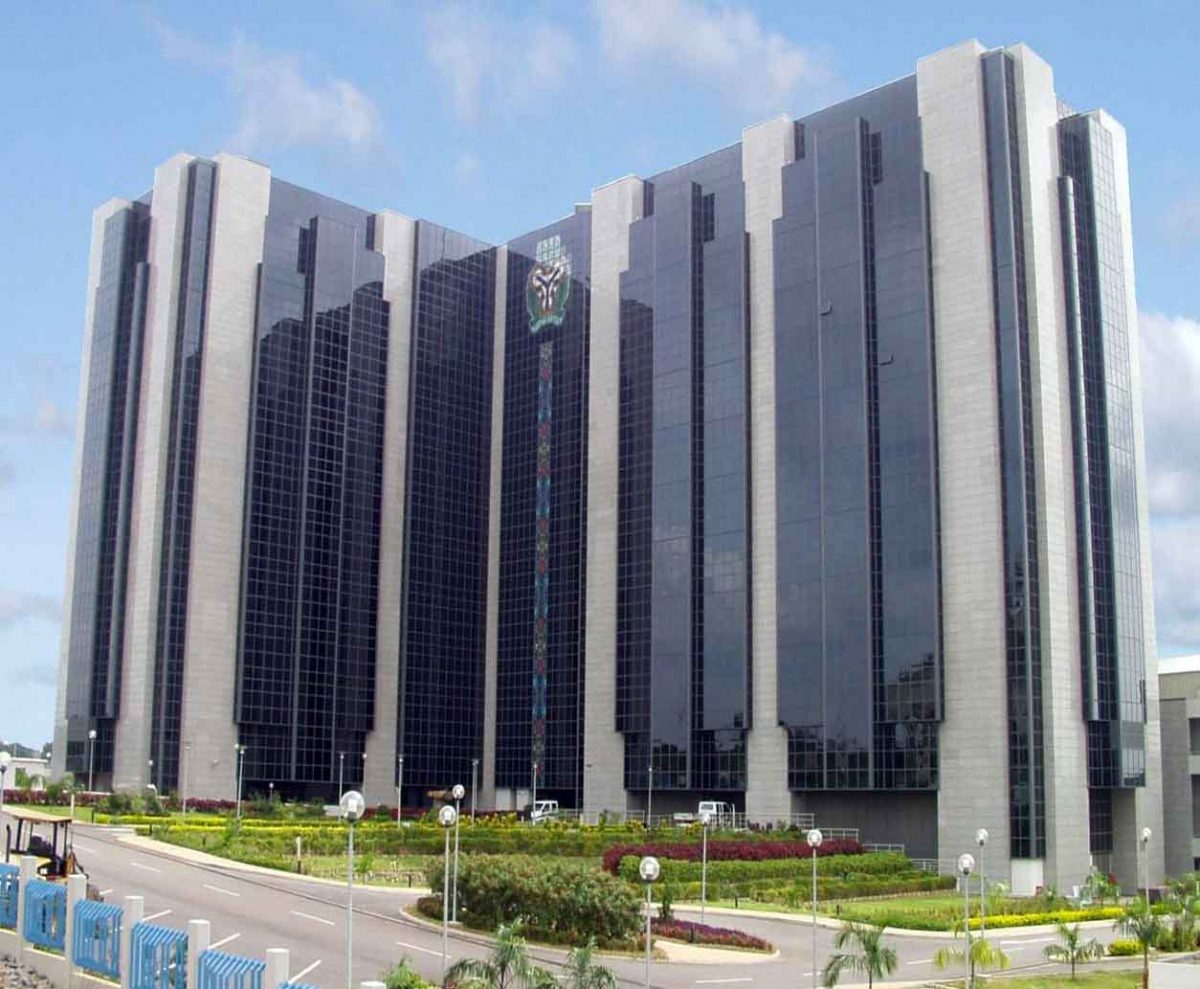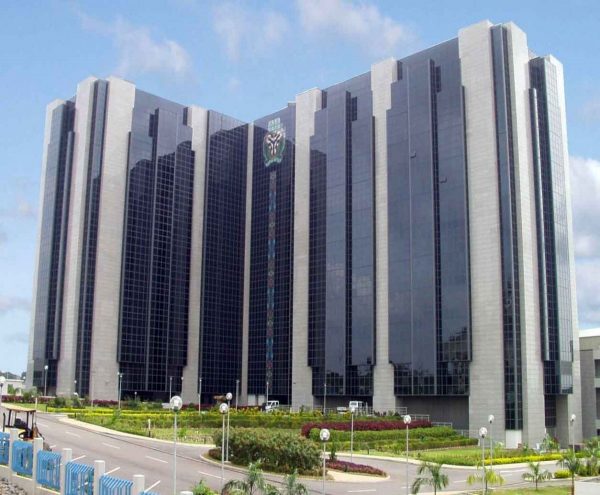Bank means any person who carries on banking business. banking business is defined as the business of receiving money on current account from the general public, of paying or collecting cheques drawn by customers and making advances to customers.
Read more about The law and you
There are several laws that regulate banking business under Nigerian law. The Central Bank of Nigeria was established as the primary body vested with the powers and responsibility to regulate policy relating to banking business in Nigeria.
The Banks and Other Financial Institutions Act (BOFIA) is somewhat supplementary to the law establishing the Central Bank of Nigeria (CBN) and it provides general rules for the regulation of banking business in the country.
While the CBN Act concerns itself with the powers and responsibilities of the CBN, the BOFIA concerns itself with the regulation of banking per se.
In addition to these two federal legislations, the Companies and Allied Matters Act (CAMA) Cap C20 LFN 2004, which was enacted to regulate the establishment of companies, also regulates banking business, as banks are companies within the context of the Act.
Banks And Other Financial Institutions Act (Bofia)
The procedure for applying for the grant of a licence to undertake banking business is contained under BOFIA, as follows:
- Any person desiring to undertake banking business in Nigeria shall apply in writing to the Governor for the grant of a licence and shall accompany the application with the following.
- A feasibility report of the proposed bank.
- A draft copy of the memorandum and articles of association.
- A list of the shareholders, directors and principal officers of the proposed bank and their particulars.
- The prescribed application fee.
- Such other information, documents and reports as the bank may, from time to time, specify
- After the applicant has provided all such information, documents and reports as the bank may require, the shareholders of the proposed bank shall deposit within the bank a sum equal to the minimum paid-up capital that may be applicable to the Act.
- Upon payment of the sum referred to above, the Governor may issue a licence with or without conditions or refuse to issue a licence and the Governor need not give any reasons for the refusal.
- Where an application for a licence is granted, the bank shall give written notice of that fact to the applicant and the licence fee shall be paid.
From the above, it is clear that the CBN Governor has been given unfettered discretion as to whether to issue a licence or not. However, the Act also makes it mandatory for the Governor to obtain the approval of the Minister of Finance before issuing a banking licence, which may be seen as a check on the discretion of the Governor.
Companies And Allied Matters Act (cama) cap. C. 20 lfn 2004
It is clear that before a person can carry on banking business in Nigeria, such person must first be incorporated in Nigeria in accordance with any law regulating the incorporation of companies in Nigeria. The law charged with the incorporation and regulation of companies is the Companies and Allied Matters Act (CAMA).
Sign up to the Connect Nigeria daily newsletter
The following documents must be submitted to the Corporate Affairs Commission (CAC):
- The Memorandum of Association.
- Article of Association.
- Notice of address of the registered office of the company and the head office if different from the registered office.
- A statement in the prescribed form containing the list and particulars together with the consent of the persons who are to be the first directors of the company.
- A statement of the authorized share capital signed by at least one director.
- And any other document required by the CAC to satisfy the requirements of any law relating to the formation of a company.
Central Bank Of Nigeria (Cbn) Act
The CBN is constituted by a board that is chaired by its governor. The Governor is a very significant actor with respect to the establishment of other banks because he /she exercises wide discretion in the issuance of banking licences.
In its exercise of the power to revoke banking licences, the CBN must act in good faith, and where a licence is alleged to have been revoked in bad faith, the party alleging bad faith must provide evidence to defend the allegation.
CBN acts as a banker to other banks, and it is also responsible for regulating issues relating to the county’s economy, including the banking sector.
The bank is expected to work with other banks to ensure proper financial regulation and provision of financial services in Nigeria, and it may also provide assistance to banks experiencing liquidity challenges in furtherance of its role as financial services regulator.
Nigerian Deposit Insurance Corporation (NDIC) Act
In Nigeria, there are two major institutions responsible for the regulation of banking business in the country, and they are the Central Bank of Nigeria (CBN) and the Nigerian Deposit Insurance Corporation (NDIC) Act.
The NDIC as its name implies is responsible for protecting investors’ deposits in the event of bank failure.
Bank customers deposit significant amounts of money in banks for safe-keeping, and where such banks are liquidated for any number of reasons, the depositors have the risk of losing their savings.
Therefore, in order to ensure that depositors have some faith in the banking system, the NDIC is an institution that provides an assurance to depositors and investors that their funds will not be completely lost in the event of bank failures.
Conclusion
The banking sector is a very important sector in the contemporary economic structure of countries and the global economy. Banks and other financial institutions can determine how well or how badly the national and global economy performs. Therefore, it is important to have a sound legal and policy framework to govern banking and financial regulation.
Featured Image Source: Daily Post NG
Got a suggestion? Contact us: [email protected]


